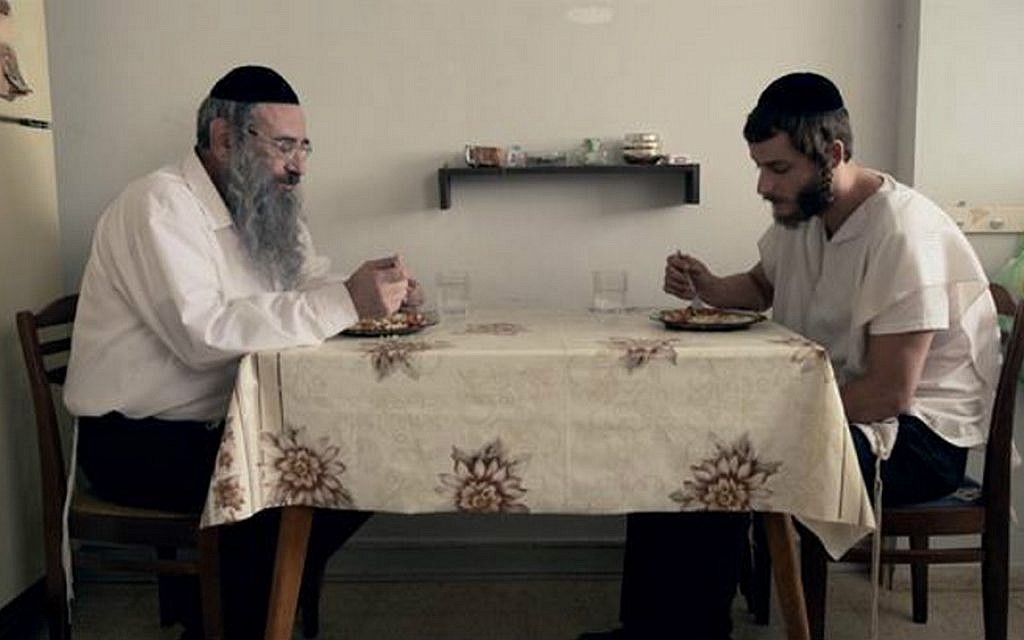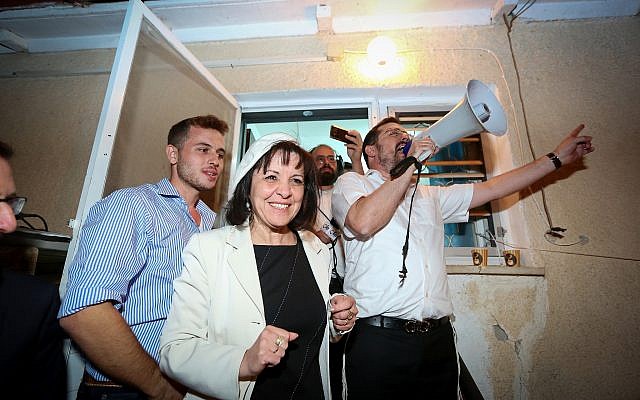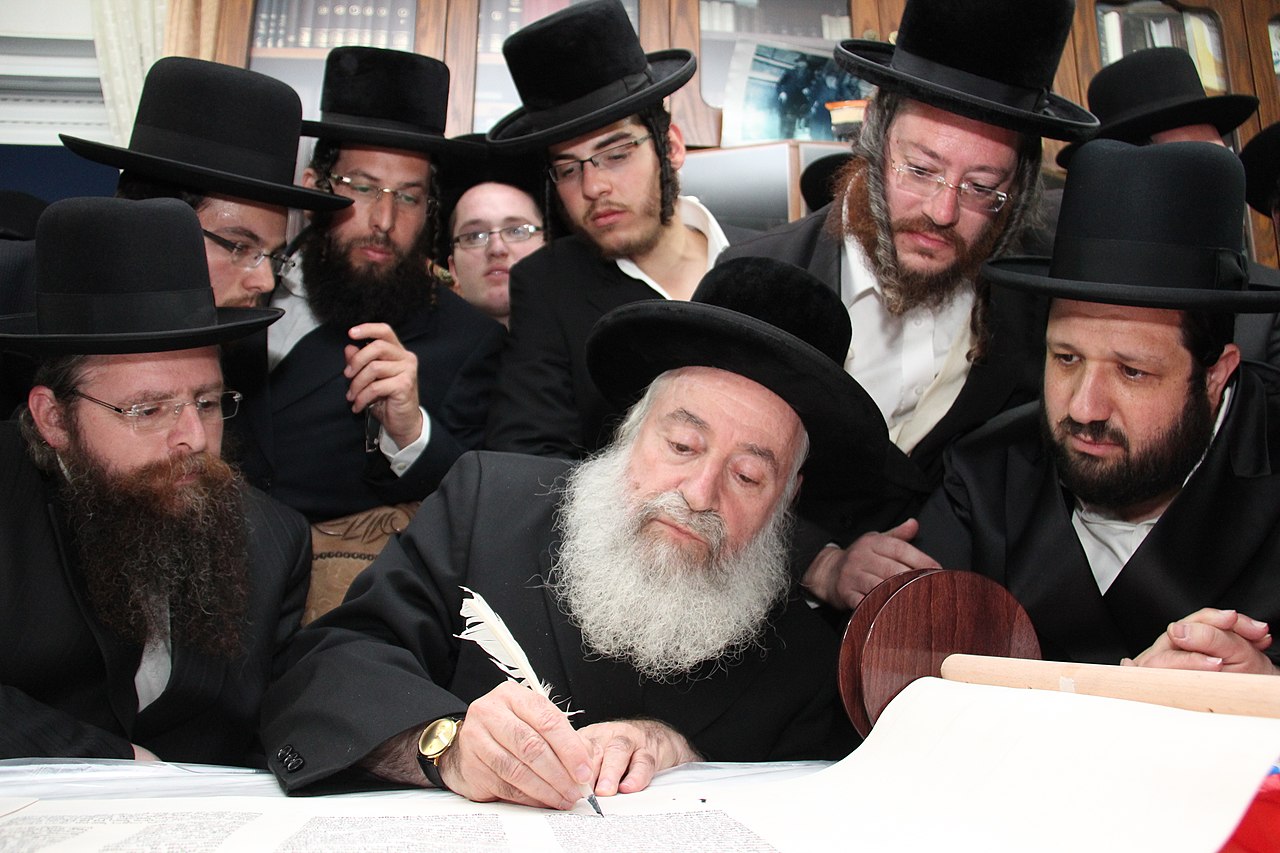 |
| Aliza Bloch (credit: Arutz 7) |
So, analysis time. Where did I go wrong? My prediction was based on the persuasion principle, that calls to identity are more effective than reasoning. Bloch was campaigning based on her claims that the current management was incompetent and she would do a better job, while Abutbul simply played the "Daas Torah" card, i.e. "I am Haredi and if you are Haredi you must vote for me because the Gedolim say so." I saw that argument as basically irrefutable, and once it was set in stone that it was now a mitzva to vote for Abutbul, he could not lose; no True Believer could vote for Bloch with a clear conscience.
And that was my mistake. I thought there were only two options: Abutbul or Bloch. But there was a third option: simply to stay at home.
 |
| (credit: Times of Israel) |
On the one hand, I can still claim a modicum of rightness in my original assessment; the vast majority of Haredim in Beit Shemesh would not actively disobey the instructions they were told emanated from their religious leaders by voting for the other candidate. But the simmering discontent, while not actually bubbling over, translated into a massive, passive no-show, which I contend was the single biggest factor in Bloch's victory. Look at the numbers, extrapolated from my polling station: had the 50% turnout been 75% instead, that's an increase of 50% of Abutbul's votes. So say what you want about maybe a couple thousand Haredim who voted for Bloch, or about a genuinely great get-out-the-vote effort from Bloch's team in the rest of Beit Shemesh; if those 25% of Haredi voters who were supposed to have been in Abutbul's pocket had shown up, that would have been at least an extra 10,000 votes for Abutbul, and a landslide.
 |
| (credit: PhysicsWorld.com) |
Second, it is an implicit probation for Aliza Bloch. It says, "Don't expect us to be excited about you becoming mayor. We let you win, and you have a chance to prove yourself over the next five years. Do good, and we will let you win again; maybe we'll even support you. But beware: if you put a foot out of line, we will flick you like a fly out of the mayor's office."
Personally, I don't know if I've ever been happier to be wrong. I wish Mayor Bloch wisdom, understanding, blessing and every success in her new job, and hope she will over-perform so much that in five years' time, even the Daas Torah thumpers will be behind her.
Congratulations, and good luck!
 |
| (credit: Times of Israel) |


